Six reasons Voice support imploded according to pollster FocalData
A pollster who came impressively close to accurately predicting the outcome of the referendum has explained why he knew it would fail.
A pollster who came impressively close to accurately predicting the outcome of the Voice referendum has explained why he knew it would fail so resoundingly.
UK firm Focaldata predicted the No vote could pick up as much as 61 per cent of the vote compared to 39 per cent for the Yes side, making it the most accurate poll in the lead-up to the referendum.
That prediction proved to be eerily precise, with the AEC showing the national majority currently at 60.25 per cent No and 39.75 per cent Yes.
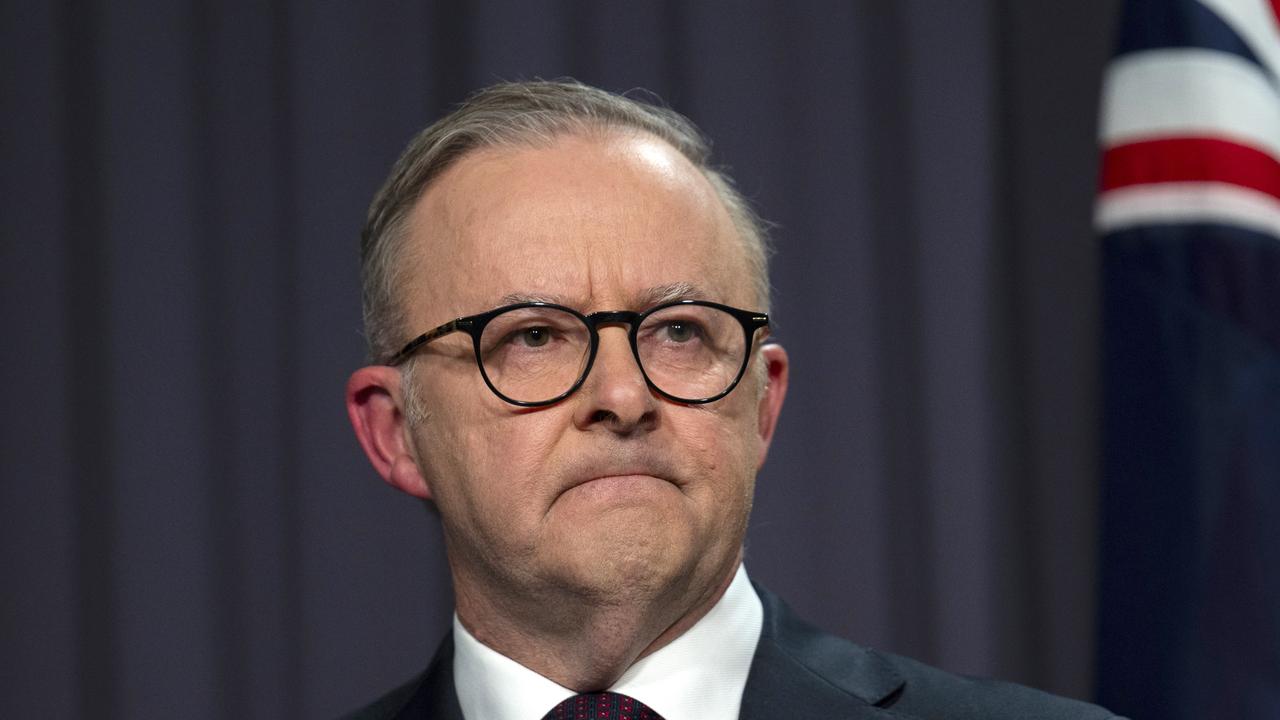
Focaldata also made predictions on the state and territory electorates where the Yes and No votes were most likely to be strongest and weakest.
Those predictions also proved to be generally accurate, although in many cases the number of people predicted to vote either Yes or No was underestimated or over-estimated by a matter of a few percentage points.
In a blog containing the prediction, chief research officer James Kanagasooriam outlined six reasons why he knew the No side would win in a landslide.
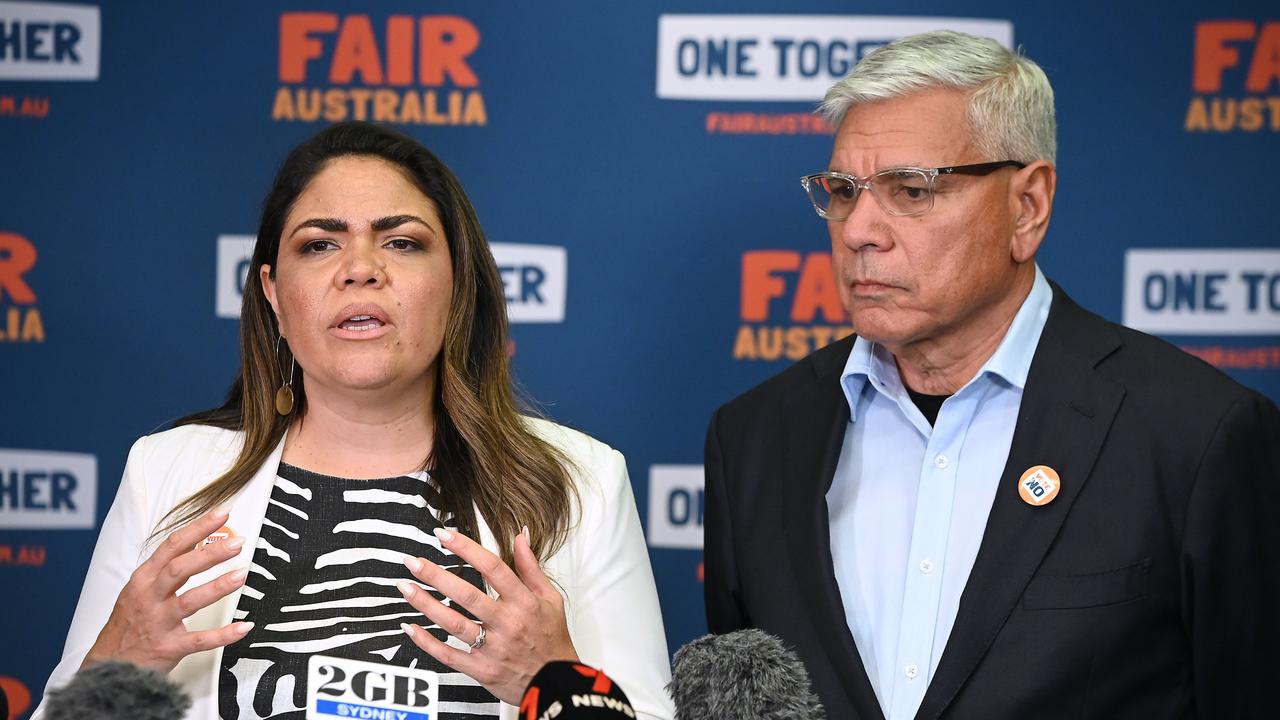
Tricky concept
Mr Kanagasooriam described the Voice as a “hard to understand concept”. He claimed that, even after months of campaigning, a “significant proportion of Australians” didn’t understand it.
The competing messages coming out of the Yes camp — that it was simultaneously an “important” while also “modest” change only added to the confusion — according to Mr Kanagasooriam.
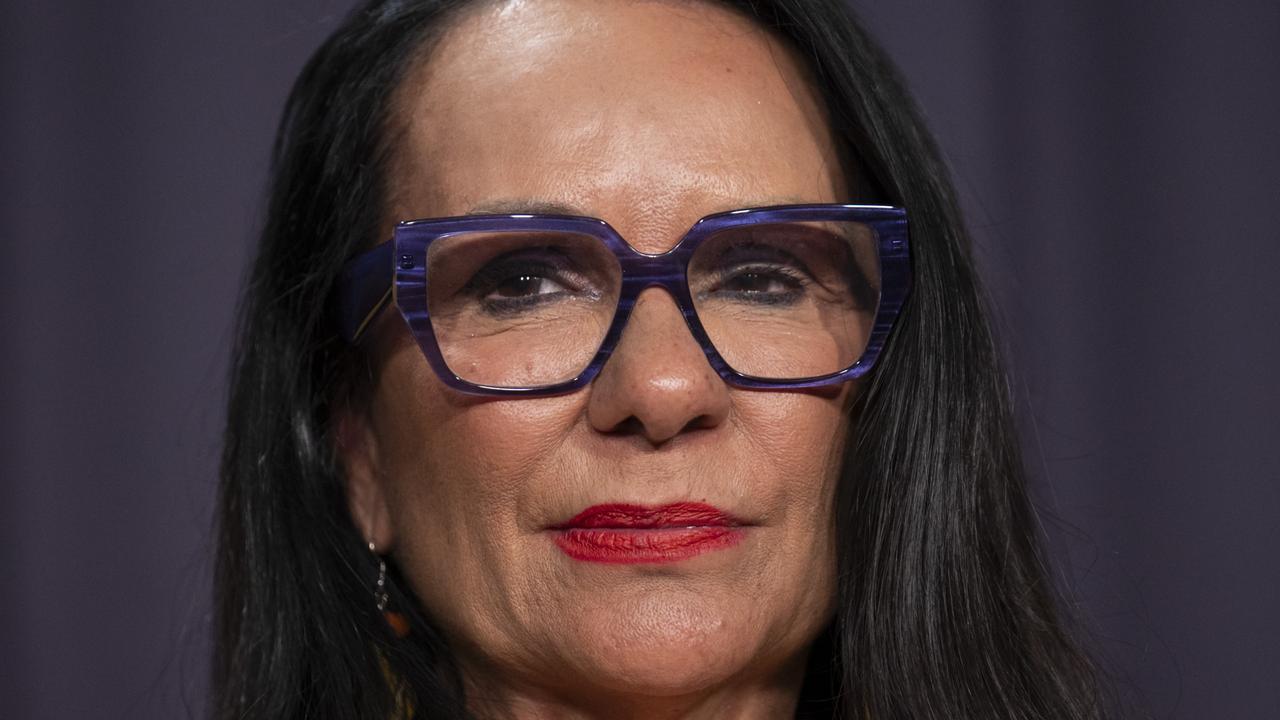
Multiple arguments
Mr Kanagasooriam also argued that the No side had more compelling arguments, giving it wider electoral appeal.
Mr Kanagasooriam said the No side had three main arguments while the Yes side had only one main argument.
“These three reasons are (i) now is not the time for a referendum due to the cost of living crisis; (ii) the Voice undermines the principle of equality; and more controversially (iii) the concept of ‘First Australians is itself flawed’,” Mr Kanagasooriam wrote.
He compared this to the Yes side’s central argument, that the Voice will improve the lives of Indigenous Australians.
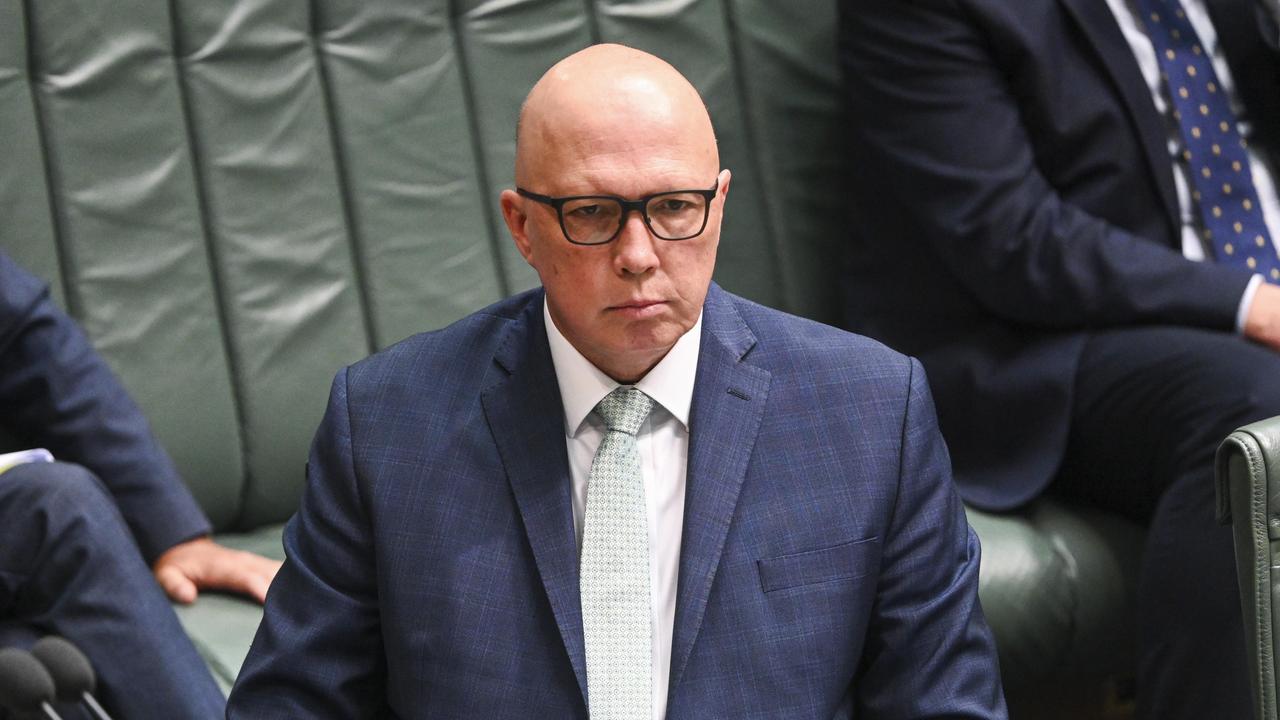
Lack of bipartisan support
Before the referendum, the proportion of Coalition voters who were voting No was a 82 per cent — indicating that bipartisan support was essential to the referendum being successful, according to Mr Kanagasooriam.
“Elite Liberal Party stakeholders such as ex state and Federal leaders have not swung the vote towards yes,” he said. “Engaging more with Liberal grassroots could have shifted the dial.”
Out of touch campaign
Mr Kanagasooriam also argued the Yes campaign appeared out of touch with ordinary Australians. He compared it to Hillary Clinton’s unsuccessful US presidential campaign in 2016 due to the high level of celebrity endorsements and corporate sponsors.
“Albanese has traded a centrist, mixed rural/urban coalition for one that more closely resembles the politics of his own seat of Grayndler where voters are disproportionately concerned with Indigenous affairs, racism and the environment versus the rest of Australia that is more concerned with economics,” he wrote.
Mr Kanagasooriam identified rural NSW and Queensland voters as being particularly difficult to win over.
“Almost no centre-left party in the English speaking world would hold these types of voters – and the Yes side were relying on partisanship kicking in on the Labor side that ran up against demographic and attitudinal trends in these states,” he wrote.
Bias towards the status quo
Lastly, Mr Kanagasooriam wrote that “no referendum proposal has succeeded without winning over all states and generally greater than 70 per cent support”.
“The only ‘contested’ referendum to pass was the 1946 social services referendum with 54.4 per cent support,” he noted.
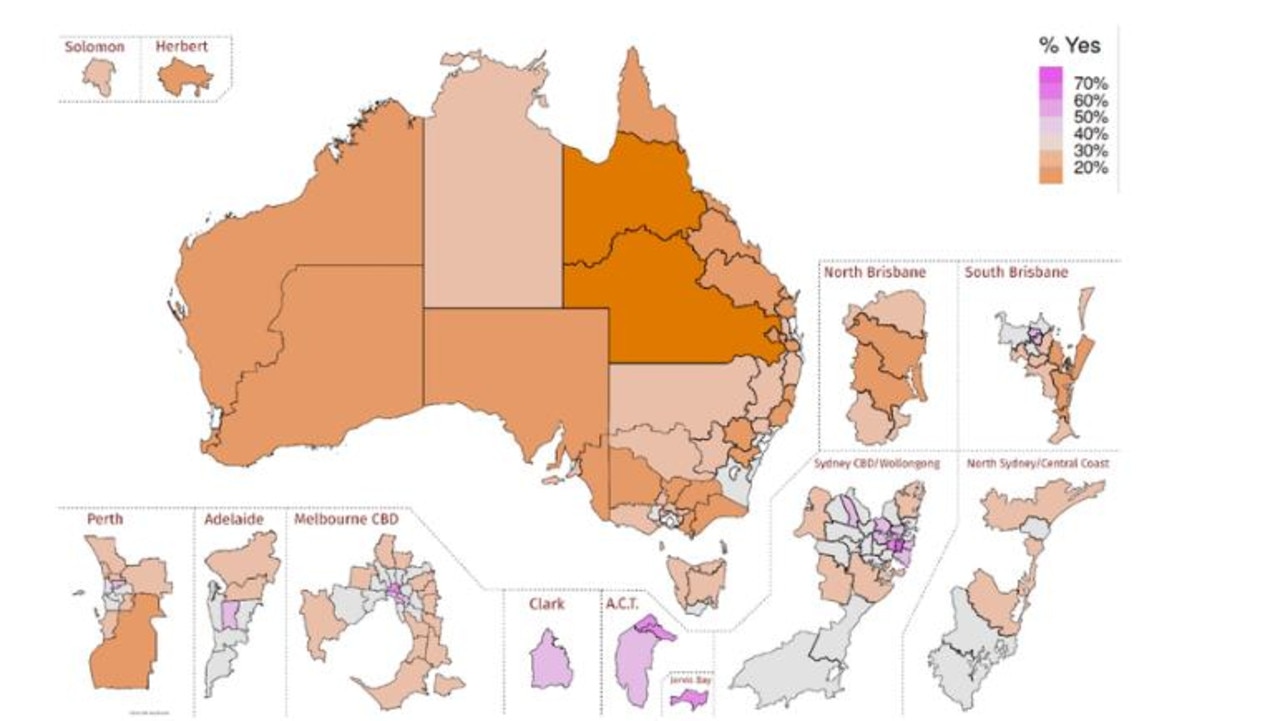
The six main reasons No won
1. The “Voice” is a hard to understand concept.
2. “Yes” side only has 1 cogent argument to win.
3. The failure of Yes to present the Voice as a bipartisan campaign.
4. The look and feel of Yes is hugely far away from the median voter.
5. Labor has forgotten quite how far apart its rural voters in QLD and WA are vs NSW and Vic voters.
6. The bias towards the status quo
carla.mascarenhas@news.com.au






